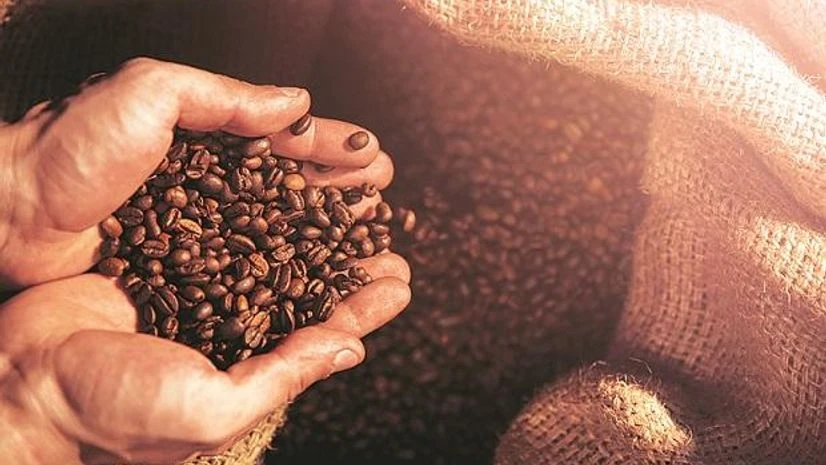Sixty per cent of all wild coffee species are at the risk of extinction due to a deadly mix of climate change, deforestation and severe diseases, according to a study which raises concern for the future of the world's most popular beverage.
This includes the wild relative of Coffea arabica, the world's favourite and most widely traded coffee, said researchers at the Royal Botanic Gardens, Kew in the UK.
For the first time ever, scientists have carried out an International Union for Conservation of Nature (IUCN) Red List of Threatened Species assessment for all 124 coffee species.
The findings, published in the journals Science Advances and Global Change Biology, paint a picture of concern for the long-term future of global coffee production.
Much of this work was undertaken first-hand in the wild locations where coffee grows, mainly in the remote forests of Africa and on the island of Madagascar, researchers said.
In 2012, researchers revealed a bleak picture for wild Arabica. Using computer modelling they were able to project how a changing climate would affect the species in Ethiopia, showing that the number of locations where Arabica grows could decrease by as much as 85 per cent by 2080.
More From This Section
In 2017, the team turned its attention to the influence of climate change on coffee farming, showing that up to 60 per cent of the land used for Ethiopia's coffee production could become unsuitable for use by the end of the century.
The multi-billion-dollar coffee sector is founded on, and has been sustained through, the use of wild coffee species, researchers said.
Included among the 60 per cent under threat of extinction are those that could be key to the future of coffee production, they said.
The global coffee trade currently relies on only two species -- Arabica (60 per cent) and Robusta (40 per cent) -- but given the myriad of emerging and worsening threats to coffee farming globally, other coffee species are likely to be required for coffee crop plant development.
"Among the coffee species threatened with extinction are those that have potential to be used to breed and develop the coffees of the future, including those resistant to disease and capable of withstanding worsening climatic conditions," said Aaron Davis, Head of Coffee Research at Royal Botanic Gardens, Kew.
"The use and development of wild coffee resources could be key to the long-term sustainability of the coffee sector. Targeted action is urgently required in specific tropical countries, particularly in Africa, to protect the future of coffee," said Davis.
"We hope our findings will be used to influence the work of scientists, policy makers and coffee sector stakeholders to secure the future of coffee production -- not only for coffee lovers around the world, but also as a source of income for farming communities in some of the most impoverished places in the world," he said.
"A figure of 60 per cent of all coffee species threatened with extinction is extremely high, especially when you compare this to a global estimate of 22 per cent for plants," said Eimear Nic Lughadha from Royal Botanic Gardens, Kew.
Researchers said some of the coffee species assessed have not been seen in the wild for more than 100 years, and it is possible that some may already be extinct.
"We hope this new data will highlight species to be prioritised for the sustainability of the coffee production sector so that appropriate action can be taken to safeguard their future," said Lughadha.

)
